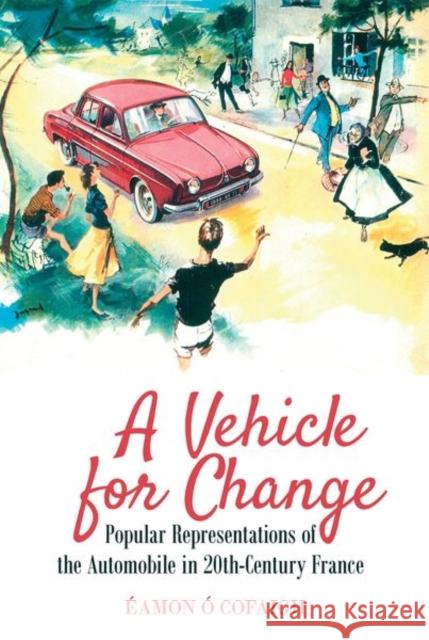A Vehicle for Change: Popular Representations of the Automobile in 20th-Century France » książka
A Vehicle for Change: Popular Representations of the Automobile in 20th-Century France
ISBN-13: 9781802070118 / Angielski / Twarda / 2022 / 280 str.
An Open Access edition of this book will be available on the Liverpool University Press website and the OAPEN library. Since its invention, the automobile has been systematically ‘consumed’, to become part of the fabric of twentieth- and twenty-first-century society, its impact and perception making the car an accurate gauge of changing cultural norms and values. As it grew in popularity, the automobile conditioned the very texture of modern life, and the particularly car-centred society of contemporary France is an especially apt locus for examination. The ubiquity of the automobile across all social strata provides us with a defined lens through which to examine the evolution of French society in the modern and post-modern eras. Taking the Second World War as a pivotal moment in recent French history, this book demonstrates how the automobile was both consumed and fetishized in distinct ways before and after this conflict. The ways in which society evolved from the pre- to the post-war period allow us to view French culture through the prism of the automobile as it embodied technological and social progress in twentieth-century France. The present volume seeks to explore and interrogate the processes of representation and mediation inherent in the evolving patterns of automobile consumption, and their subsequent impacts on local and national identity, framed by a detailed case study centred on France from the late-nineteenth century to the oil crisis of the early 1970s.











